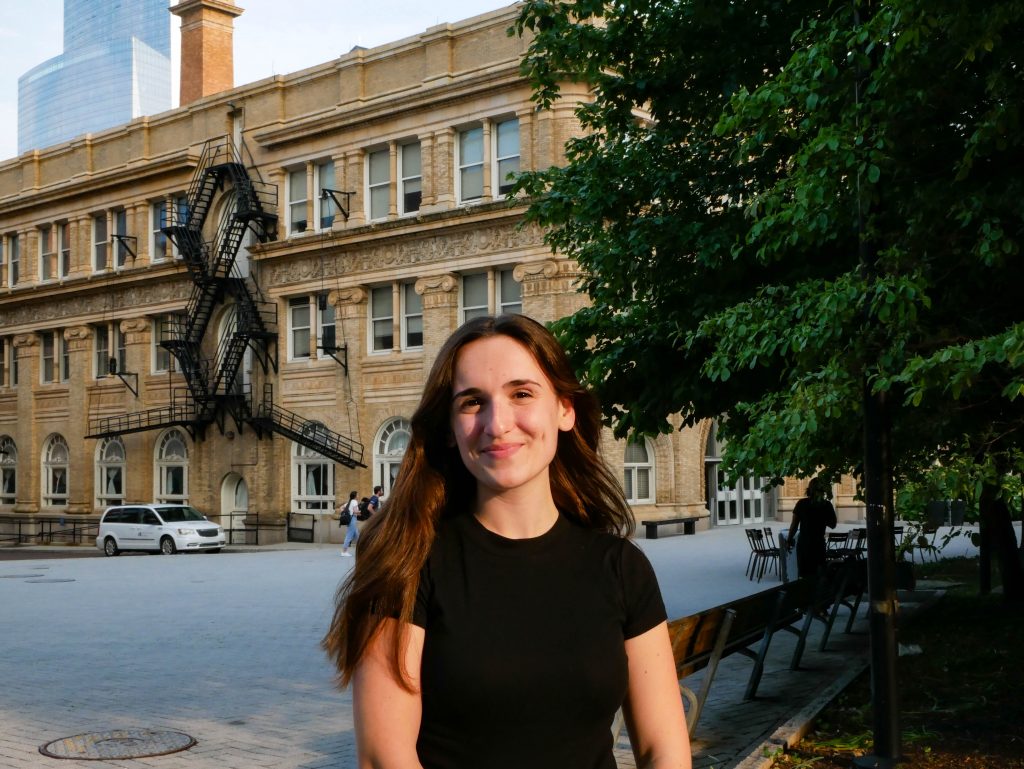
Graduating from university and pursuing higher education is an amazing accomplishment and privilege that should be celebrated. Those who are graduating should be very proud of their hard work and commitment to Drexel and to themselves. There are many different groups of students that make up our student body and a large number include first-generation college students, immigrants and children of immigrants. Children of immigrants are typically defined as those who have at least one foreign born parent and can be born in or outside of the United States. Drexel University defines first-generation college students as “those whose parents or guardians do not have a four-year college degree” and includes the variety that may fall into that description. First-generation college students make up 30 percent of Drexel’s student body and faculty. First-gen college students also tend to identify with being a student of color, from a lower-income household or a child of immigrants.
There is beauty in the unknown but also a lot of anxiety and fear. Many of us did not have direct role models in the world of American higher education and had to dig deeper to accomplish our goals. A lot of common knowledge just was not easily accessible, whether it be filling out loan applications or explaining what a major vs a minor is to our families. Even trying to uncover where the applications could be accessed felt like playing a game of hide and seek. Because of this, Drexel offers several resources to support their first gen students amidst the struggle of balancing academics, friends and family responsibilities.
However, there are a lot of unspoken sacrifices that the students that fall into these categories have to make in their personal life in order to complete their degree. Speaking from my own background, I appreciated my parents’ anecdotes from their college days but it unfortunately could not help me assimilate to what it was like attending an American university. It still felt like a beast that wanted to eat me up whole.
With a trembling hand on one backpack strap and another on my new laptop, I set out trying to find my way. I switched my major four times. I had to explain to my parents that there is no required “pre-med major” in America. But along the way, I found new friends, support and eventually, I found myself. Balancing it all was a whirlwind, but I have no regrets despite the all-nighters and moments of frustration.
I was lucky enough that whenever I felt homesick, my family was a train ride away and they welcomed me with open arms. Many first-gen students are closely tied with their home life and tend to be commuter students rather than living on campus. Many face pressures to opt for commuting as it is the cheaper option. Commuting has many pros but it can be socially isolating despite Drexel offering the commuter lounge and commuter-friendly clubs. Commuters often stack their schedules to avoid having to take long train rides or drives into campus several times a week, and this eliminates opportunities to run into friends and just grab a coffee and chat. Living on campus provided me with so many new experiences and opportunities that I would not find otherwise, especially as the introvert that I am. I placed myself in new situations and learned a lot about who I was. Whether you are a child of immigrants, a first-gen student, a student of color or a commuter, there are ways to forge your own path at college.
Many first-gen students face pressure from friends and family to maintain their culture and traditions, to not “lose themselves at college” and to still visit home regularly and attend family events despite having certain “invisible” obligations at school. Balancing it all is the key and it never looks the same each week. Sometimes you have to miss a family party to study or miss a roommate hangout to help out at home. There is a very specific image of what the “college experience” should be and how to “make the most of it” but every student should consider what is important to them and not be ashamed if they have to pick babysitting younger siblings over joining a sorority. You deserve to curate these four or five years to your wants, needs and wildest dreams and not be pressured into thinking otherwise.


